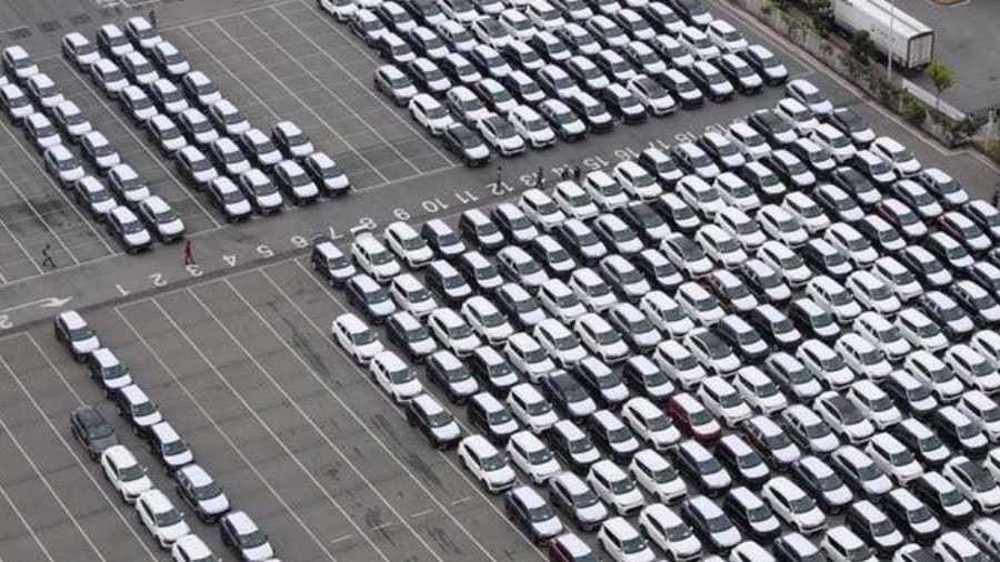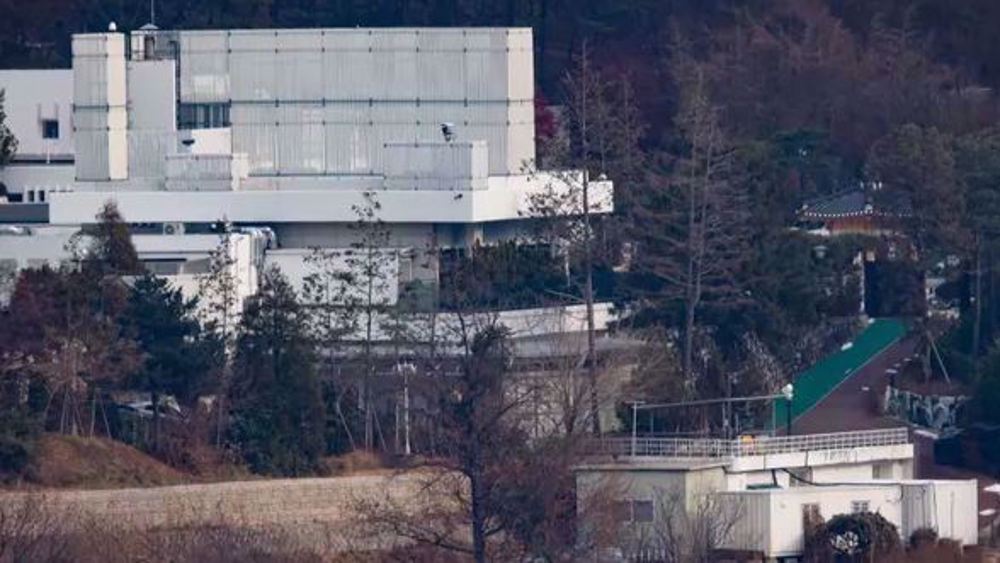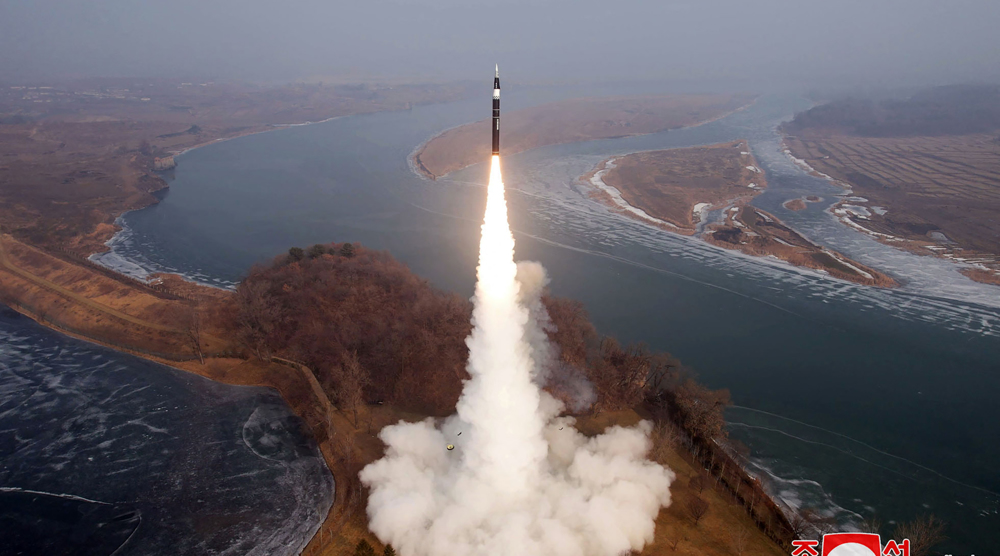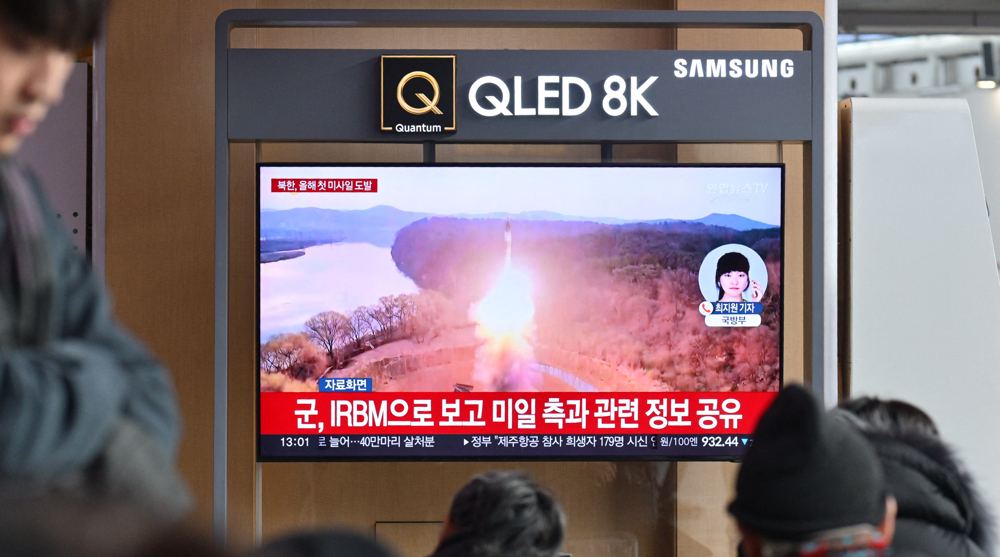South Korean truckers’ strike enters third day, disrupting supply chain
Thousands of South Korean truckers went on strike for a third day on Thursday to protest against the rising fuel prices, disrupting the country's transportation system and production cycle.
This may be the first serious challenge for the new South Korean president, Yoon Seok-youl, who has been in power for just one month.
Nearly 7,200 truckers, or about 30 percent of the Cargo Truckers Solidarity union, went on strike in protest at the sharp surge in fuel costs, the country’s transport ministry said.
However, according to a union official, the number of truckers participating in the strike was much higher.
“Due to skyrocketing fuel prices and the government not acting enough to protect our livelihood, our frustration is only growing and growing,” Kim Jae-kwang, a senior union official, said.
He said many truck drivers were on the verge of going out of business.
“Large cargo truck drivers are paying an additional 3 million won in fuel costs when their monthly pay is around 3 to 4 million won.”
South Korean steel company POSCO said it has not been able to deliver 35,000 tonnes of steel products daily since the strike began.
Hyundai Motor has seen some disruption to production at plants in Ulsan as truck drivers refuse to deliver components, Yonhap news agency reported. Hyundai Motor declined to comment on the matter.
An official with the Korean Shippers’ Council said the impact was being felt at the ports.
“There’s only a minimal amount of cargo getting into ports right now. Until yesterday the situation may have appeared okay because some pre-arranged cargoes were being delivered but the reality now is that it is very difficult.”
Police have arrested more than 20 people, including some members of the truckers union, for disrupting transportation and blocking the gates of the Hite Jinro brewery in Icheon, southeast of Seoul, Yonhap news reported.
President Yoon warned strikers on Thursday not to use violence and said the government is trying to resolve the situation through dialogue.
“Under no circumstances will the public find breaches of the law or resorting to violence acceptable,” he told reporters.
VIDEO | Thousands of Pakistani protesters condemn Israeli genocide of Palestinians
Iranian airline launching direct flights to Europe amid bans
Iran in possession of weapons unknown to enemies: Top cmdr.
Over a million children in Gaza face mental health crisis: UNICEF
Iranian citizen detained in Italy returns home
VIDEO | California wildfires: Failure of the state
More Zionist than Zionists: Joe Biden’s legacy to be defined by Gaza genocide
California wildfires reveal misplaced US priorities: Aid to Israel, neglect at home










 This makes it easy to access the Press TV website
This makes it easy to access the Press TV website